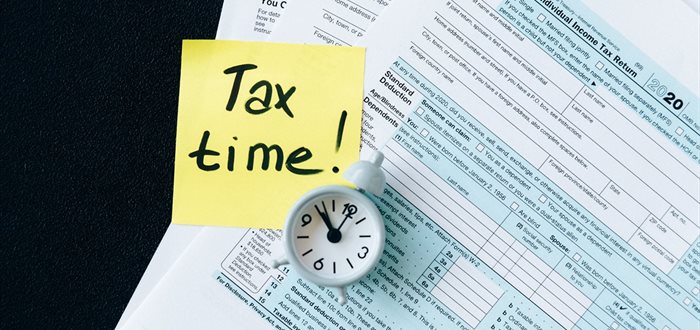Any small business owner will know that fully understanding Value Added Tax (VAT) can be a daunting, yet critical task if they want to take their business successfully to the next level.
In this article, I will take you through the basics of VAT - how it applies to your business and at what stage you need to register. I will also provide tips on how to avoid those things that can trip you up.
Where VAT started
VAT was introduced in South Africa in September 1991, replacing a pre-existing regime known as the General Sales Tax (GST). VAT is an indirect tax based on consumption in the economy. This means it is levied on goods and services, not on your personal income or corporate profits.
VAT is currently levied at the standard rate of 15% on most supplies and importations, but there is a limited range of supplies of goods or services which are either exempt and which are subject to tax at the zero rate.
Once you are registered as a VAT vendor, the onus is on you to charge VAT on your products or services, and then subsequently paying that tax over to SARS after deducting permissible VAT inputs and other deductions.
How VAT is calculated
Let us use a practical example to give you an idea:
- Your business produces and sells belts.
- It costs R400 (excluding VAT) to make one belt.
- You would like to make R100 profit per unit, so you sell the belts for R500 (excluding VAT) each.
- As a VAT vendor, you must add 15% to your selling price, which works out to R75, is charged to the buyer (this is also known as output tax).
- The new selling price is now R575.
- Before paying the R75 to SARS, there is a calculation that needs to happen to establish input tax (i.e., tax deductible items it took to produce the item) that can be deducted from the R75 output tax. R75 minus input tax gives you an amount and that amount is payable to SARS.
This is the over-simplified version. Best to get a professional to work out the exact amounts and make the submissions so that you do not fall into arrears and get charged penalties.
What you may not know about VAT
There may be instances where you will not be able to charge output tax on the goods or services you sell, nor will you be able to deduct input tax for the expenses you incur. Let us better understand zero-rated and exempt supplies in the context of your belt business.
1. Zero-rated supplies
Zero-rated is when you charge 0% VAT on your tax invoice. Should you, for example, decide to export your belts using direct export (this is when you assume responsibility for delivering the goods to the buyer in another country) – your product is then classified as a zero-rated product.
Note that zero-rated supplies are still considered ‘taxable’. Even though you are charging 0% VAT on your belt, meaning you collect no output tax, you are still allowed to claim back the VAT you incurred (input tax) on goods or services acquired in the course of making such taxable supplies. It gets a little tricky so you may want to read that bit again.
Our government applies a zero-rating to certain goods and services, like basic food items, to bring down the living expenses of lower-income households.
2. Exempt supplies
The exempt classification is when goods or services are not considered a taxable supply.
While the net effect on your customer’s invoice is the same (you do not add VAT), selling an exempt supply has one notable difference: you are not permitted to claim the VAT you paid (input tax) to develop your product or service. Basically, if your business only sells exempt supplies, you will not be allowed to register for VAT.
Other examples of VAT-exempt goods and services include non-fee-related financial services, educational and training services, charitable fundraising events, residential rental accommodation, and the selling, leasing, and letting of commercial property.
When to register for VAT
The VAT law only requires businesses to register for VAT if the taxable supplies made or to be made, is over R1 million in any consecutive twelve-month period.
However, there are certain instances where you may opt to register for VAT. The only requirement to do so is that taxable supplies made in the past period of twelve months must exceed R50,000.
Some reasons you may consider voluntarily registering as a VAT vendor:
- Your business sells mostly zero-rated supplies. Remember that you’ll still be able to claim back the VAT on the standard-rated supplies you buy to make your zero-rated product or service. And with no output tax, you may qualify for a VAT refund from SARS.
- Large capital expenditure is necessary. If your business needs a substantial deposit for production, being a VAT vendor means you can claim back the VAT charged on the big-ticket production items.







































